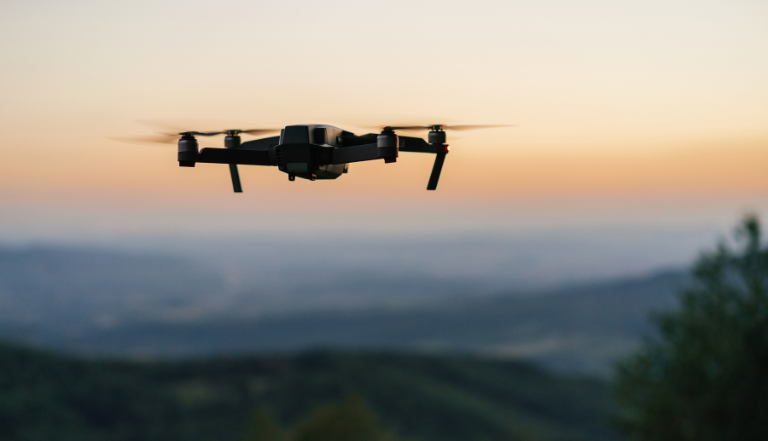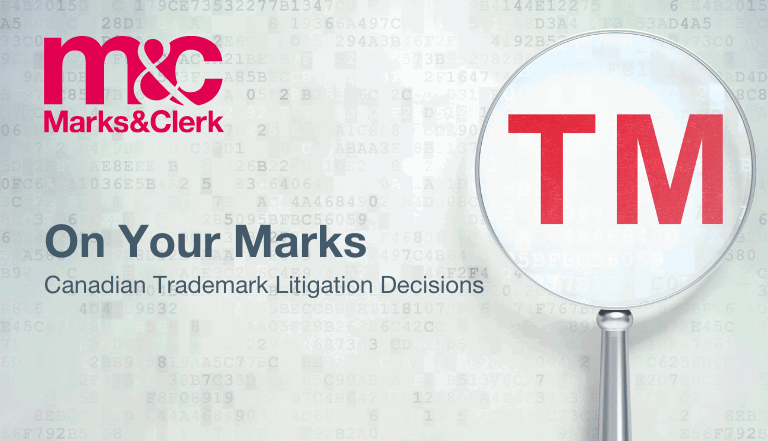Articles
Filter by:

Article
- Wednesday, 27 November 2024
Brand security in a modern world: Sector spotlight on fashion
EUIPO research estimates that the clothing industry lost around EUR 12 billion of revenue as an annual average in 2018-2021 because of counterfeiting, equivalent to 5.2% of all clothing sales in the EU market.
Read more

Article
- Wednesday, 27 November 2024
Brand security in a modern world: Sector spotlight on automotive parts
Whilst the low cost of a counterfeit vehicle part might be attractive to customers, the stakes could not be higher due to the potential safety issues presented by low quality or faulty fake parts.
Read more

Article
- Wednesday, 27 November 2024
Brand security in a modern world: Latest counterfeiting trends and how to fight back
Technology has revolutionised the market landscape, enabling brands to connect with consumers in innovative ways and more effectively than ever before. This affects purchasing behaviours and customers can now engage with brands, products and services through a dynamic range of channels.
Read more

Article
- Wednesday, 27 November 2024
Brand security in a modern world: Key take aways - Futureproofing your brand against counterfeiting
A strong brand is easier to both protect and enforce and by using combinations of different IP rights, companies can more effectively protect their most valuable brand assets across different markets.
Read more

Article
- Wednesday, 27 November 2024
Protecting innovation: Advancements and challenges in AI-powered drone technology
Advancements in AI-powered drone technology are transforming industries, from logistics to environmental monitoring. However, protecting innovation in this field presents unique challenges. This article explores key IP considerations, helping innovators navigate the complexities of securing their technological breakthroughs.
Read more

Article
- Tuesday, 26 November 2024
Trade marks in Jersey: A new primary registration system?
The Government of Jersey launched a consultation at the end of last year proposing the introduction of a primary trade mark registration system in Jersey, and the Government’s response to the consultation was published earlier in April this year.
Read more

Article
- Tuesday, 26 November 2024
Boxing Match: Evidence of Pizza Box Distribution Establishes Trademark Confusion in Canada
In a recent decision, the Federal Court of Canada allowed an appeal of a Trademark Opposition Board (TMOB) decision and refused an application to register FAST FIRED BY CARBONE & Design Mark (Carbone Mark). The Court found that the new evidence Blaze Pizza, LLC (Blaze) provided on appeal addressed the gaps in the prior evidence identified in the TMOB’s decision, establishing a reasonable likelihood of confusion.
Read more

Article
- Monday, 18 November 2024
What recommendations have been made since the O'Neill report?
Since the publication of Jim O'Neill's 2016 report on AMR, several recommendations have seen partial implementation, while others still require attention.
Read more

Article
- Monday, 18 November 2024
What does the O’Neill report on antimicrobial resistance cover?
The O'Neill report on antimicrobial resistance (AMR) outlines urgent steps to address the global rise in drug-resistant infections.
Read more